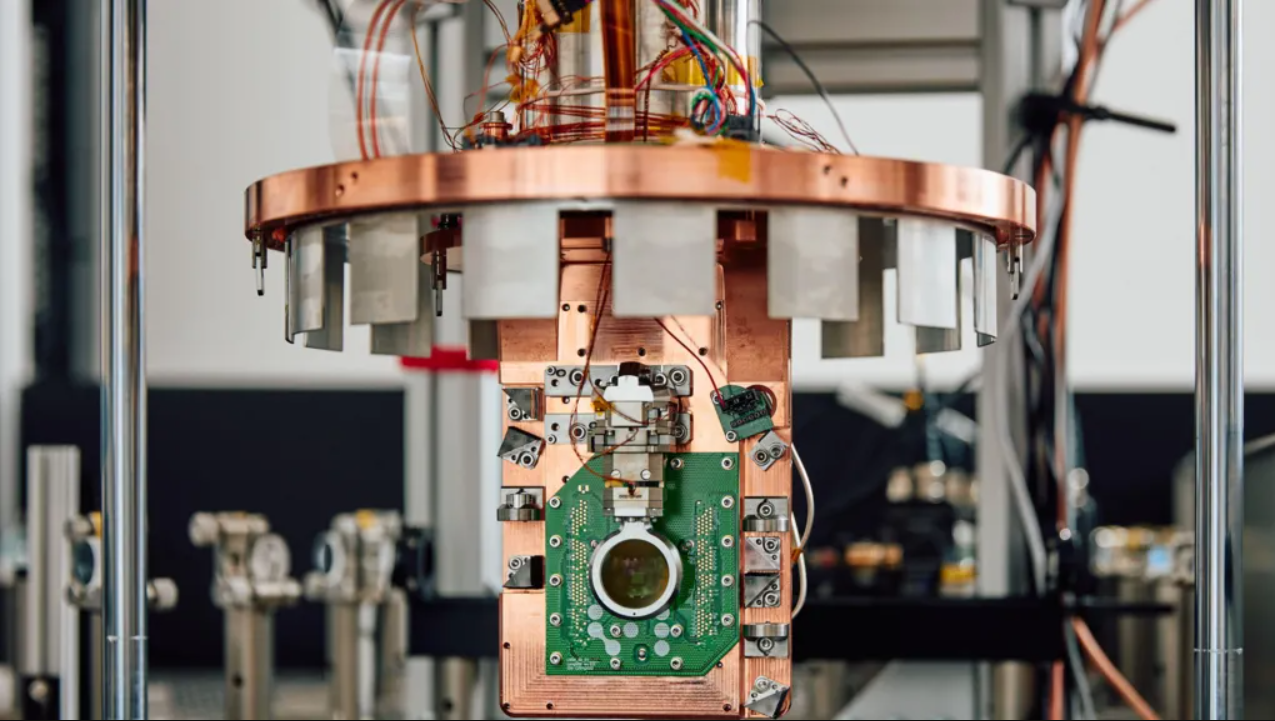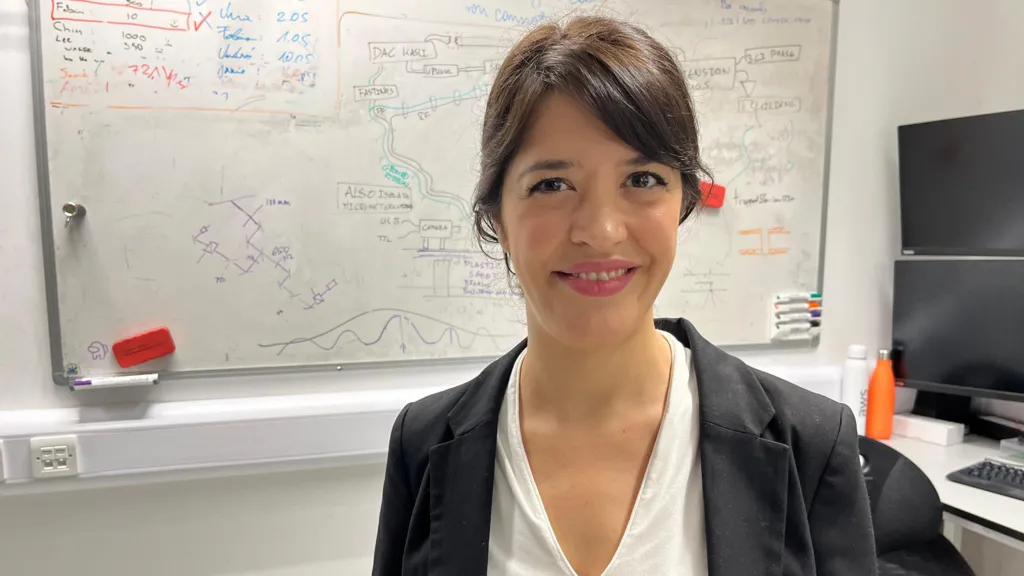Quantum computers makes things happen 'like magic'

Quantum computers promise to revolutionize technology, making processes significantly more efficient, according to a researcher at a leading university.
At Oxford University’s Department of Physics, scientists are part of a global effort to develop quantum computers, which are poised to surpass the capabilities of conventional systems. Dr. Christopher Ballance, a physicist at Oxford, highlighted the transformative potential of this emerging technology, which could enhance various aspects of daily life, from improving weather forecasts to accelerating drug discovery.
“Truly advanced technology feels like magic, and that’s exactly what quantum computing will be,” Dr. Ballance remarked.
Professor Simon Benjamin, an expert in quantum technologies at Oxford, described quantum physics as the "strange and fascinating" side of science. "It’s where things become counterintuitive and seemingly bizarre," he said.
Prof. Benjamin emphasized that quantum computers would tackle complex equations far beyond the reach of today’s systems. “Once these machines become operational, we anticipate a golden age of discovery,” he added.
What is quantum computing?
Quantum computers harness the strange and fascinating properties of subatomic particles.
These so-called quantum particles can exist in two places simultaneously and exhibit a mysterious connection, even when separated by vast distances.
Traditional computers process data using bits, which have a binary value of either zero or one. In contrast, quantum computers utilize qubits, a two-state unit of data processing that enables more advanced computations.

However, developing quantum computers comes with significant challenges, as noted by Natalia Ares, an associate professor of engineering science. "Building these computers presents complex challenges," she explained. "Controlling an entire circuit with numerous gates and countless configurations is an incredibly difficult engineering task."
Despite these obstacles, Professor Simon Benjamin remains optimistic about the progress being made. "We’re making steady advancements," he said. "Every few months, someone achieves another important milestone in this rapidly evolving field."